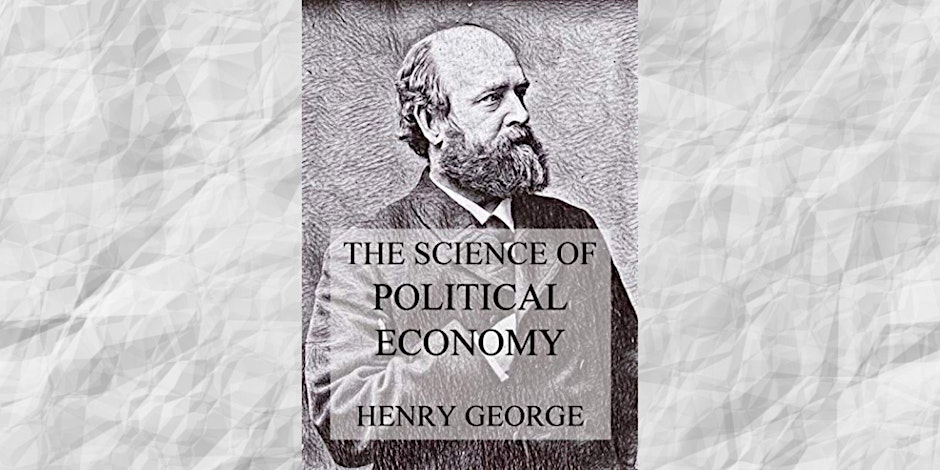
COLLECTING LAND VALUES: INSTANCES, ITERATIONS, AND THE WAY FORWARD
In this 5-session course, Joshua Vincent will document compare and contrast land value taxation experiments in the United States and beyond. The course will define what LVT is, highlight its different manifestations in public policy and most importantly, show why it matters. It will also explain and measure progress where it exist and, discuss the reasons why LVT was rejected in some jurisdictions.
Dates: Thursdays – 1/7, 1/21, 1/28, 2/4, 2/11
Time: 6:30PM to 8:00PM EST
Instructor Bio:
Joshua R. Vincent is the Executive Director of the New Jersey based Center for the Study of Economics. Josh has been at the forefront to the fight for promoting land value taxation in the United States for many decades. He has authored many scholarly articles on the subject and lectured widely throughout the country. He is currently educating 2021 candidates for NYC Council, NYS Senate and Assembly on LVT.
5 sessions
A zoom link will be provided via email before the start of the first session.


